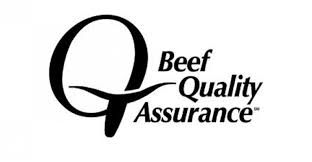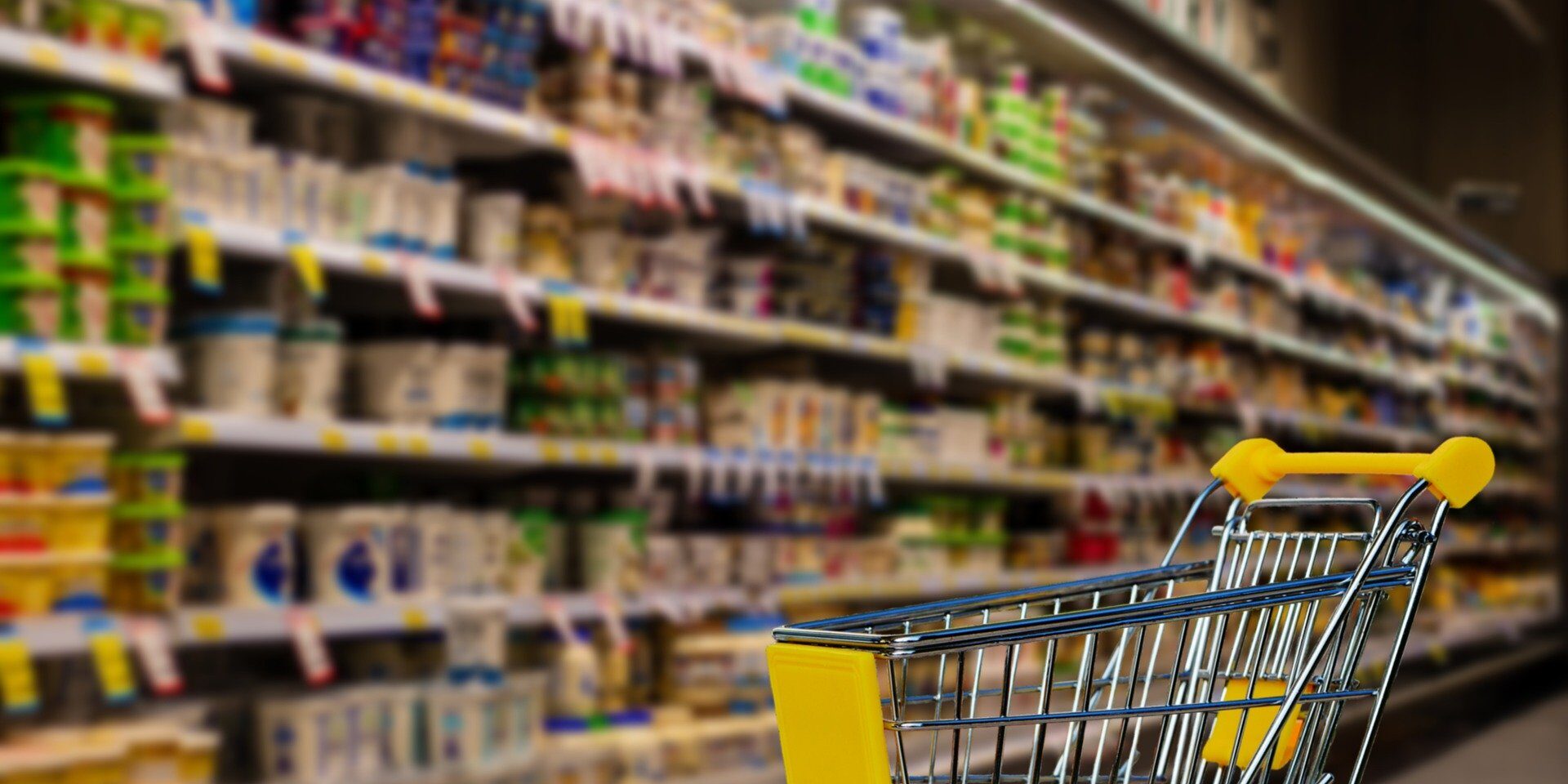You have a lot on your mind when you’re deciding what foods to purchase that match your family’s values and budget. While taste, convenience, and price remain the primary drivers of food purchasing decisions, the animal agriculture community knows that animal welfare is increasingly on the radar of today’s shoppers. That is a great thing, as providing quality care to livestock and poultry is a top priority for farmers and ranchers too.
However, it can be confusing to sort through all of the label claims and marketing lingo when it comes to animal welfare. First, it’s important to know that you can be confident that the meat, poultry, dairy, and eggs you are purchasing are responsibly produced, regardless of the wording on the label. That’s because there are many animal welfare certifications within the animal agriculture community to ensure that livestock and poultry are raised in the highest standard of animal care. These programs are generally species-specific, and focus on meeting standards, sharing tools and educating farmers and consumers on best practices.

- Beef Quality Assurance (BQA) is a national program with state-specific targets that assist cattle farmers and ranchers in every step of production with principles, tools, and education to ensure proper cattle care to raise the highest quality beef possible. These quality assurance courses include tracks for farmers and cattle transport drivers. The program aims to demonstrate a commitment to animal care, food safety, quality, and the environment to uphold consumer confidence and increase herd efficiency through better management practices. Over 200,000 U.S. beef producers are BQA certified.
- The Pork Quality Assurance® Plus (PQA Plus®) program provides guidelines for providing proper care to ensure pig well-being. The curriculum specifically addresses caretaker training, animal observation, emergency back-up support, space allocation, timely euthanasia, facilities, handling and movement, ventilation, and air quality. PQA Plus® demonstrates the commitment U.S. pig farmers have in providing pork that is safe, high-quality, and responsibly produced. More than 72,000 farmers and farm employees are PQA Plus® certified.

- The National Dairy FARM Program (Farmers Assuring Responsible Management) assures the quality, safety, and integrity of dairy products in each production step. The program focuses on animal care, environment, antibiotic use, and workforce development. These practices are based on the latest dairy welfare research. This program prides itself on being science-based, as well as animal-focused. Over 98% of the US milk supply comes from FARM certified operations.
- The National Chicken Council developed the NCC Animal Welfare Guidelines and Audit Checklist for Broilers and Broiler Breeders. These practices have been accepted and implemented across the industry, providing guidelines for proper housing, space, feed, water, veterinary practices, handling, and much more. These guidelines outline every phase of a chicken’s life, including hatching, on-farm, transport, and processing.
- The Sheep Care Guide, created by the American Sheep Industry Association, is a set of research-based guidelines to assist farmers in providing the best care for their sheep in areas including nutrition, facilities, handling, animal health, and transportation. Government guidelines, industry expertise, and animal best practice research are the guidance for this manual.

- United Egg Producers (UEP) Certified includes hen care guidelines and science-based animal well-being standards based on recommendations from a scientific advisory committee. UEP continually research’s and adapts its guidance to increase hen welfare. The program addresses the cage guidelines as well as cage-free guidelines. You can find eggs from farms that participate in the UEP Certified program by looking for the UEP Certified seal on the egg carton. 85% of eggs produced in the U.S. are UEP Certified.
- The Animal Care Best Management Practices, developed by the National Turkey Federation with the help of veterinarians, academics, and industry professionals, is a set of guidelines to promote the humane raising and harvesting of turkeys. The detailed guidelines include hatching, farm security, feed and water, bird comfort, and much more.
- The Veal Quality Assurance (VQA) program provides a collection of science-based best management practices and resources developed by farmers, veterinarians and other industry experts to ensure that veal calves receive quality care through every stage of life. These standards layout guidelines for care, housing, nutrition, and health for their calves as well as environmental stewardship.
In addition to the animal welfare certifications above, there are also several external animal welfare certifications that farmers and ranchers can choose to participate in. Products from farms that are involved with these programs will usually have the program’s logo on their packaging at the store. Farms that pursue these labels want to give consumers an extra layer of assurance about the steps they’re following to take excellent care of their livestock and poultry. If that special assurance is something you value, keep an eye out for these labels as you shop. However, just because a product does not have a special label does not mean it was not responsibly raised (see animal welfare certifications above). It’s all about the choices you want to make – and the animal agriculture community is committed to offering you a variety of them to match what you’re looking for!

- American Humane Certified’s mission is to promote the welfare of farm animals through their science-based standards. This program provides third-party audits to verify certified producers’ care and handling of farm animals meet their standards. The program offers continued outreach to farmers in the implementation of their best humane practices for animals. American Humane Certified was created by the American Humane Association, which was founded in 1877 and also has the “No Animals Were Harmed®” program in Hollywood. Currently, 73 producers are American Humane Certified.

- One Health Certified focuses on the intertwining relationship between the health of humans, animals, and the environment, recognizing they are inseparable. This certification places importance on raising animals responsibly and creating a safe and sustainable food supply chain. This program is a Process Verified Program, meaning the United States Department of Agriculture Agricultural Marketing Service verifies participants. It is open to farmers who are interested in demonstrating a commitment to responsible, sustainable and transparent animal care practices.

- Global Animal Partnership (GAP) provides six tiers of certification to choose from. While some farms utilize this program, others have expressed concern about its ties to groups that openly support reducing or eliminating animal protein, including board members from the Humane Society of the United States (HSUS), ASPCA, Farm Forward, and Mercy for Animals. There are currently more than 3,700 farms participating in the GAP program.

- Animal Welfare Approved (AWA) reviews, certifies and supports farmers raising their animals specifically outdoors on pasture or range. The Animal Welfare Institute founded AWA, and A Greener World now manages the program. They also have ties to World Animal Protection and ASPCA. There are currently 2,448 farms participating in this program.

- Certified Humane aims to improve the lives of farm animals, specifically through consumer demand for their ideal responsible farm animal practices. Certified Humane has ties to ASPCA, HSUS and World Animal Protection. There are 261 producers participating in this program.
Hopefully, this quick introduction to animal welfare labels is helpful when you make your next trip to the grocery store. Thank you for supporting farmers and ranchers by purchasing meat, poultry, milk and eggs and valuing animal welfare!
All posts are the opinion of the author and do not necessarily represent the view of the Animal Ag Alliance.







